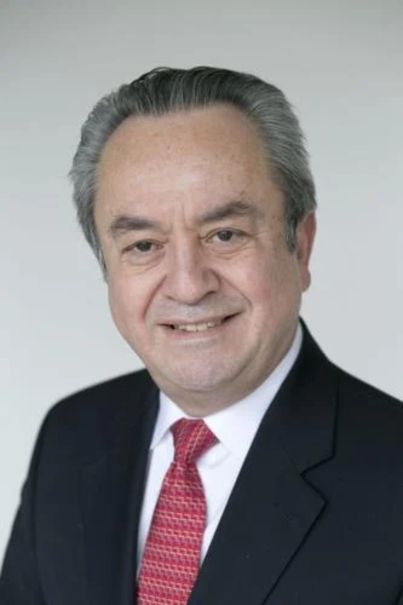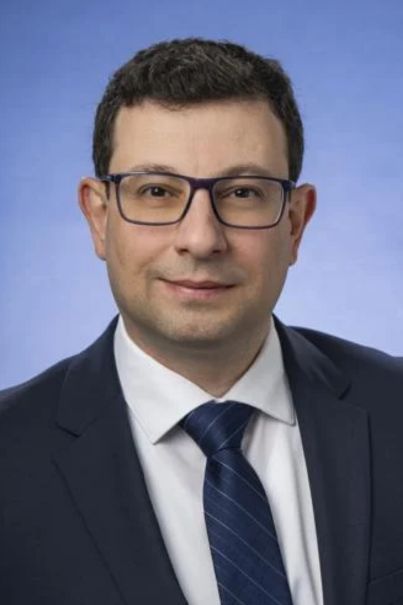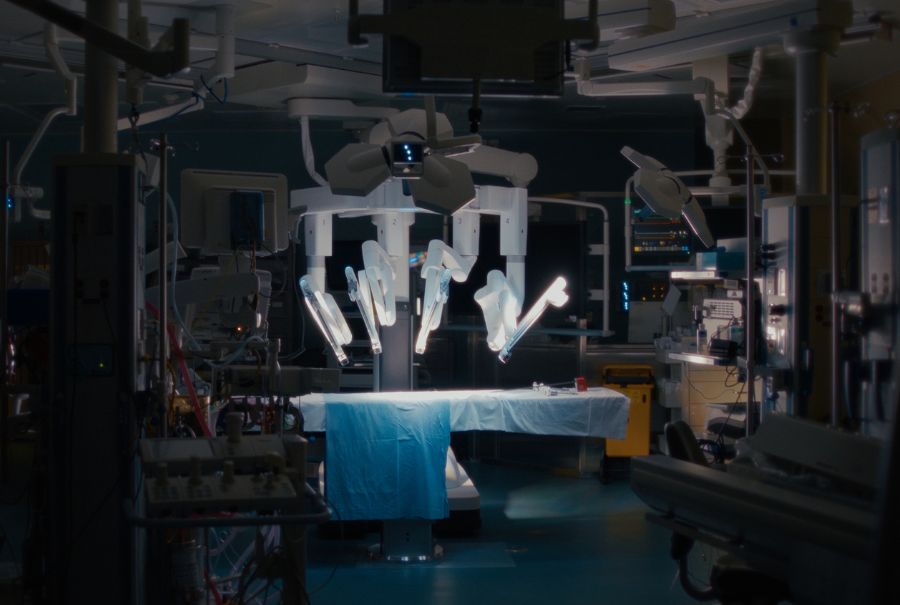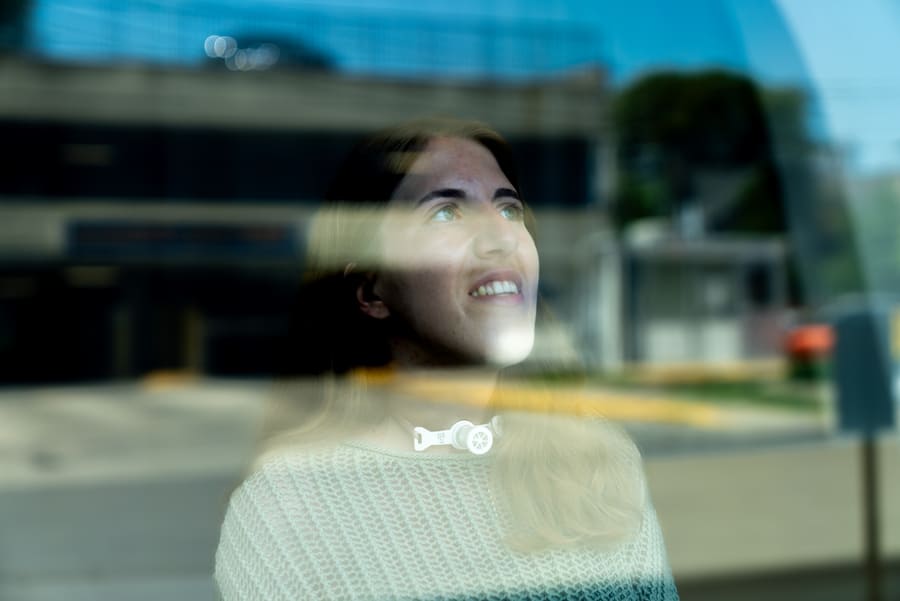
Nineteen-year-old Macenzie Rebelo anxiously sat in the emergency room of her local hospital awaiting the results of a long-needed X-ray. That whole summer, she experienced severe joint pain that made it difficult to dress, eat or walk on her own. Within a week, she developed an intense burning sensation in her chest that ignited every time she coughed, sneezed or yawned — but especially when she lay down, causing her whole upper body to seize up in a fiery sensation.
After being dismissed and misdiagnosed by emergency room and walk-in clinic doctors, Rebelo’s symptoms were finally being investigated.
The ER doctor walked in with a grim look on his face, Rebelo recalled.
“He told me there was either a blood clot, tumour, or fluid in my right lung,” she said. “I was terrified, but mostly in shock. It didn’t feel like it was happening to me.”
Hours later, she received an MRI, which revealed she had acute inflammation around her lung, allowing fluid in. She was diagnosed with pleurisy and prescribed a steroid shot to help with the pain.
“Right after the shot, I felt better and like myself again. My joint pain, chest pain and fatigue all kind of disappeared. I thought I was cured from whatever was plaguing me all this time.”
But only a few hours later, the pain returned in full force, and she was referred to a local rheumatologist.
“This time, my hands and face broke out in rashes,” she said. “And my pleurisy was still causing me a lot of pain.”
In October of 2017, Rebelo met with her rheumatologist and, to her dismay, was diagnosed with systemic lupus erythematosus, or SLE/lupus.

“My then rheumatologist did not have the best bedside manner,” she said. “He made me feel very hopeless about my diagnosis.”
Scared and unhappy with her treatment by her initial rheumatologist, she asked her primary caregiver for another referral.
“She [primary doctor] told me that the Lupus Clinic at Toronto Western Hospital was the best one in the country, and that she would do her very best to get me in as a patient,” she said.
The clinic Rebelo is referring to is University Health Network’s (UHN) Schroeder Arthritis Institute, where she officially became a patient in January of 2018.
“Dr. Sanchez-Guerrero became my rheumatologist,” said Rebelo, “The treatment I received was night and day compared to my local hospital. The clinic literally saved my life.”
Dr. Jorge Sanchez-Guerrero, who has been pioneering SLE research since 1985, joined UHN’s Lupus Clinic and Toronto Western Hospital in 2011.
Rebelo felt genuinely safe in the hands of Dr. Sanchez-Guerrero and the rest of the Lupus Clinic staff, who always made her feel heard and validated. She was also relieved to know the clinic had a reputation for advancing SLE research in North America.
“A lot of what has been known about SLE from research has been done by the founder, Dr. Urowitz, Dr. Gladman, myself and now Dr. Touma,” said Dr. Sanchez-Guerrero.
The Lupus Clinic was founded by Dr. Murray Urowitz in 1972 at the University of Toronto’s Lupus Clinic, located at the former Wellesley Hospital. Then, in 1995, Urowitz joined rheumatologist Dr. Dafna Gladman and moved the clinic within what is now the Schroeder Arthritis Institute at UHN’s Toronto Western Hospital.
The clinic is the first and largest SLE/lupus database in North America and one of the largest in the world.
“The treatment I received from Dr. Sanchez-Guerrero and the UHN team truly changed my life and perspective on living with lupus,” said Rebelo. “I always tell others with lupus who are struggling about the clinic’s research because they genuinely care about finding a cure.”
Rebelo explained that Dr. Sanchez-Guerrero discussed the best approaches for her treatment plan and how each medication may impact her. Rebelo and Dr. Sanchez-Guerrero explored the options that best suited her illness, with her lung health specifically in mind.
“Before the Lupus Clinic, I had no idea what medication I was taking and what kind of symptoms they could cause,” said Rebelo. “But now I feel included in the discussion and treatment plan of my own body.”

Dr. Zahi Touma joined UHN’s Lupus Clinic as a rheumatologist in 2007 and currently serves as the director of the Toronto Lupus Program. Dr. Touma established the NeuroLupus Program, a team of experts in psychometrics, neuropsychology, neurology, psychiatry, measurement and bioinformatics, to develop improved methods for identifying cognitive impairment in lupus patients.
“Much of the research we have today came from our Toronto program,” said Dr. Touma. “This is why we carry on the research and data for lupus. When a patient comes to the clinic, we gather data, with lab tests and imaging, to help further our knowledge.”
Dr. Touma said the Lupus Clinic has approximately 2,400 active patients and has seen nearly 70,000 patients since its inception.
In May of 2025, Toronto hosted the Lupus International Congress for the very first time, a major conference dedicated to SLE/lupus research and awareness. Dr. Touma believes UHN’s leadership in lupus care and research was a major reason why the event was hosted in Toronto.
“A lot of researchers and scientists come to Toronto to validate their research or work with us directly,” said Dr. Touma, “But that being said, we are open to collaboration. Bright ideas come from all around the world, and if they can help lupus patients, why not work together?”
Donor support makes it possible for the clinic to have the best teams and doctors available for patient care and lupus research. Dr. Sanchez-Guerro’s treatment, both medically and personally, was so positive and healing compared to her local rheumatologist that Rebelo started to feel hopeful about her condition.
“Dr. Sanchez-Guerrero approaches my health holistically; he asks about my mental health, my stress, my life and takes it into consideration when assessing my lupus symptoms,” Rebelo said. “I believe this is why I’ve been in remission for so long.”
Rebelo explained that this inclusive approach to treatment is incredibly rare in her experience in the medical sphere. She hopes to see more medicine and health-based programs take on the same approach as the Lupus Clinic.
“I feel incredibly lucky that my experience has been so positive, and that I was immediately referred to the best rheumatologists in the country,” said Rebelo. “Not everyone has that opportunity.”
Learn more about how you can help UHN attract and retain the best medical experts at UHNfoundation.ca/arthritis
This article originally appeared in the Toronto Star, read it here.

No one ever changed the world on their own but when the bright minds at UHN work together with donors we can redefine the world of health care together.


